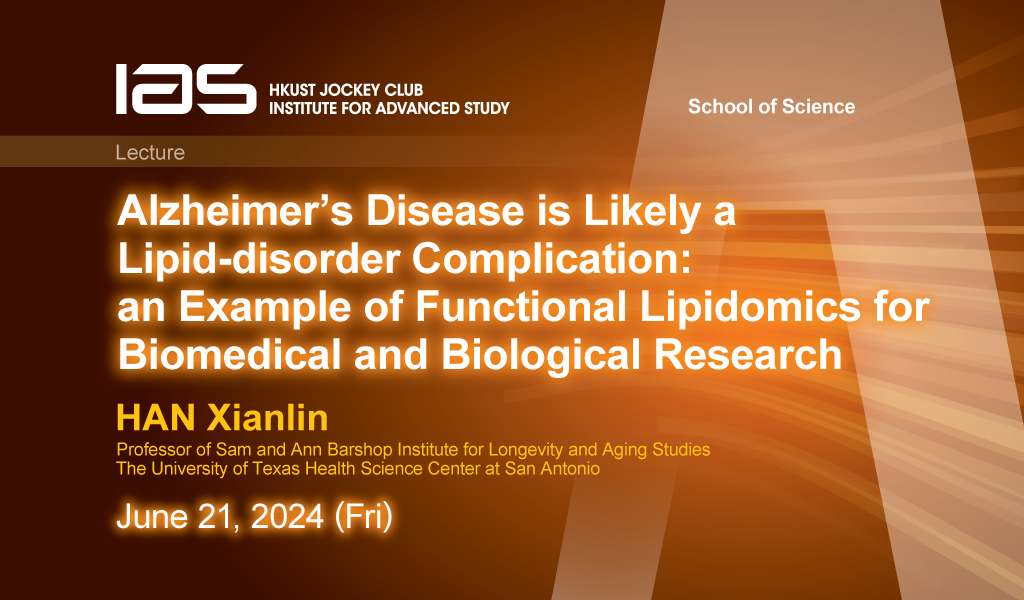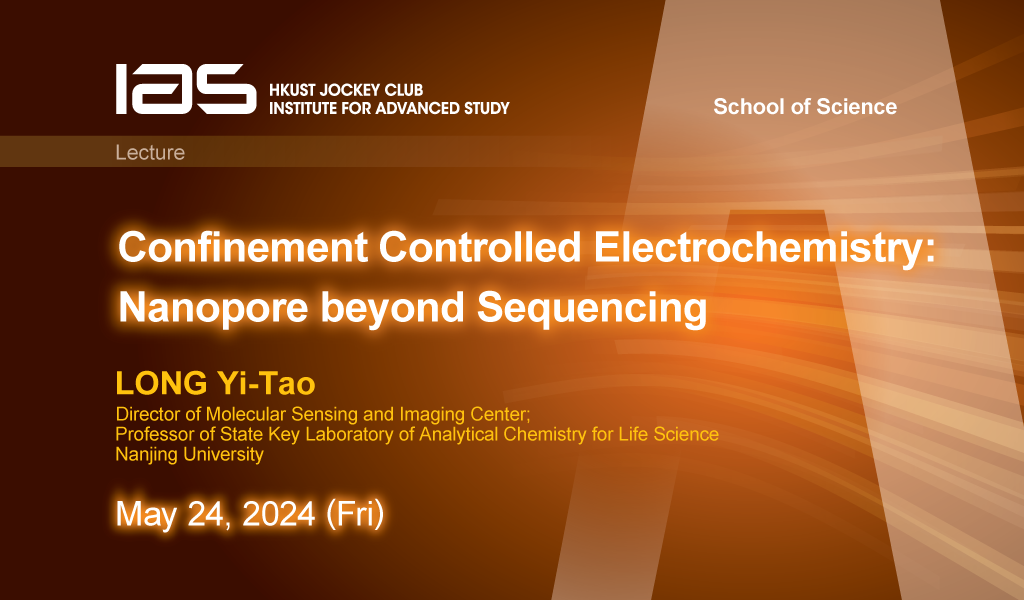Speaker: Professor Yong HUANG
Institution: Associate Professor, Department of Chemistry, The Hong Kong University of Science and Technology
Hosted by: Professor Yangjian QUAN
Abstract
Our group is focused on the development of highly selective catalytic transformations. We are especially interested in reactions involving well-defined transient reaction intermediates. Carbenes represent a unique class of reactive species that offers endless opportunities for synthetic innovation. Our approach to carbene catalysis is to harness hidden and alternative reactivities of these divalent species to control synthetic outcome and selectivity. In this lecture, I will discuss our recent findings of non-covalent catalysis and carbene mimetic catalysis.
Short Biography
Prof. Yong Huang is currently an Associate Professor in the Department of Chemistry at HKUST. Dr. Huang got his bachelor’s degree from Peking University in 1997. He received his Ph.D. in Organic Chemistry from the University of Chicago in 2004 under the guidance of Prof. Viresh H. Rawal. He then moved to Caltech to work as a postdoc in Prof. David MacMillan’s group. He left academics and worked as a senior medicinal chemist in the Merck Research Laboratories (MRL, Rahway, NJ) from 2004 to 2009. In 2009, he returned to academics and became an independent PI at Peking University Shenzhen Graduate School. He moved to HKUST two years ago in 2019. His group has broad interests in synthetic methodology development and medicinal chemistry. Huang is a recipient of the Distinguished Young Scholar Funds from NSFC of China (2019), Roche Chinese Young Investigator Award (2014), Bayer Investigator Award, and the “Outstanding Author of the Year” from ACS and Organic Letters (2014).



